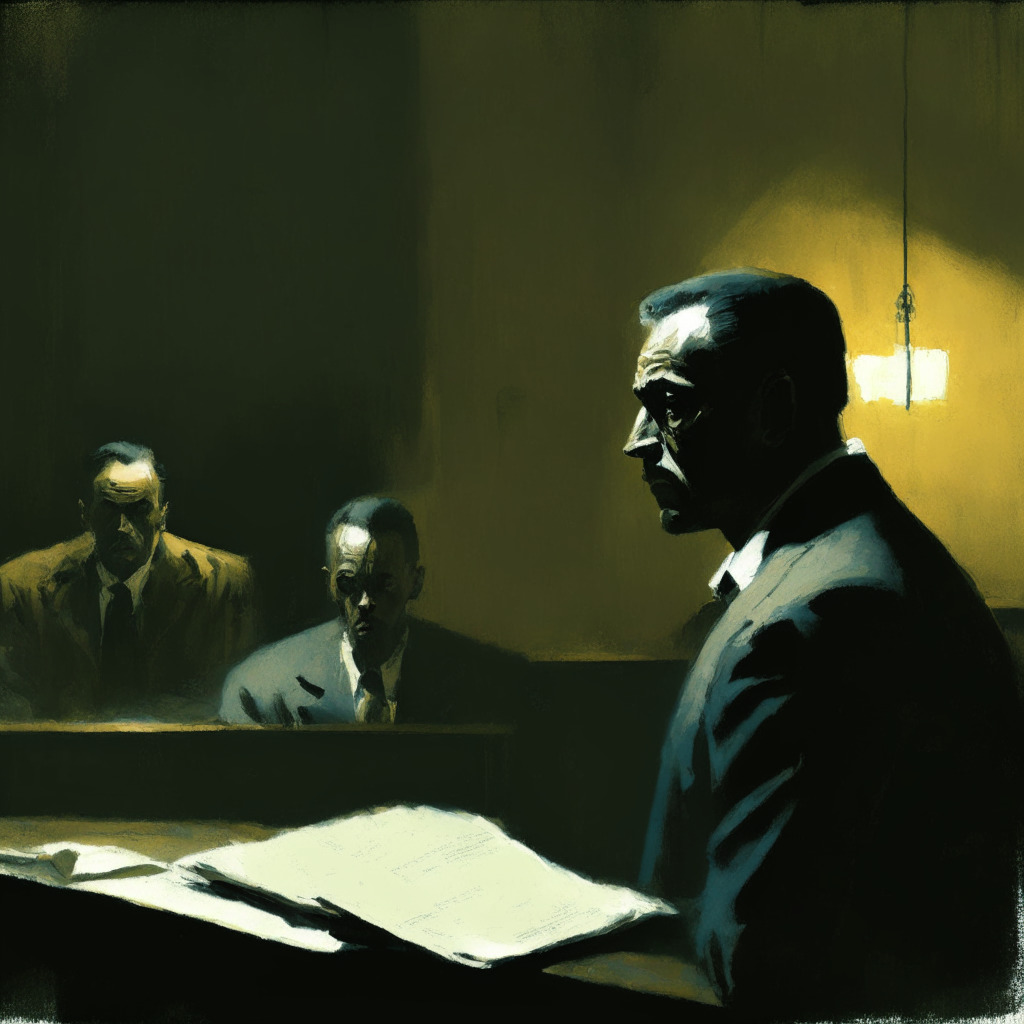Mário Centeno, governor of Banco de Portugal, has made a call for international cooperation; an appeal for a universal framework for crypto regulation. In Centeno’s view, individual national efforts won’t suffice in protecting investors due to the global, unbordered nature of digital assets. This, he argues, could lead to regulatory arbitrage, providing ample opportunity for less scrupulous participants to exploit the resultant gaps.
Speaking at the 2023 Banco de Portugal Financial Stability Conference, Centeno lavished praise on the Markets in Crypto Asset (MiCA) regulations. His applause echoed across the robustness of their regulatory framework while hinting disappointment at a certain few crypto products following recent market crashes that left billions lost in chaos. In his estimation, MiCA provides an excellent blueprint for domestic compliance law.
Centeno is no lone voice in the crypto wilderness; he is one of the many calling for a “same risk, same regulation” principle, acknowledging the infancy and rapid evolution of the crypto markets. He cautions against a solely national approach to regulation and supervision of these global risks and international players. He raises the point that striking an essential balance between effective regulations and limiting innovation in crypto markets is a delicate task requiring international participation.
This ideal, a global framework where authorities can work hand in hand to harmonise legislation, is gaining traction. This year, India’s Prime Minister pressed the G20 leaders to adopt such a framework, in line with recommendations from bodies like the International Monetary Fund (IMF) and the Financial Stability Board (FSB).
That said, it’s worth noting that despite their appealing features like lower prices and cross-border reach, the wider crypto market has worrying aspects. While digital assets gained prominence during the COVID-19 pandemic by reaching their zenith, the sustainability of this trend is debatable given the decline in prices and project implosions over recent years. Think of the collapse of the Terra network, the infamous FTX crash, and the subsequent wave of restrictive regulations worldwide.
The promise of crypto and Decentralised Finance (DeFi), suggests a democratization of finance. But with the highly technical nature of this industry, it’s uncertain whether that will materialize.
As we peer into the uncertain future of digital assets, one thing is clear: European regulators are not merely spectators but are already at work creating a harmonious liaison between traditional finance and Decentralised Finance (DeFi). So, the question remaining is whether regulators globally will heed to Centeno’s call and work collectively to create a conducive ecosystem for crypto growth or continue in their separate paths.
Source: Cryptonews




